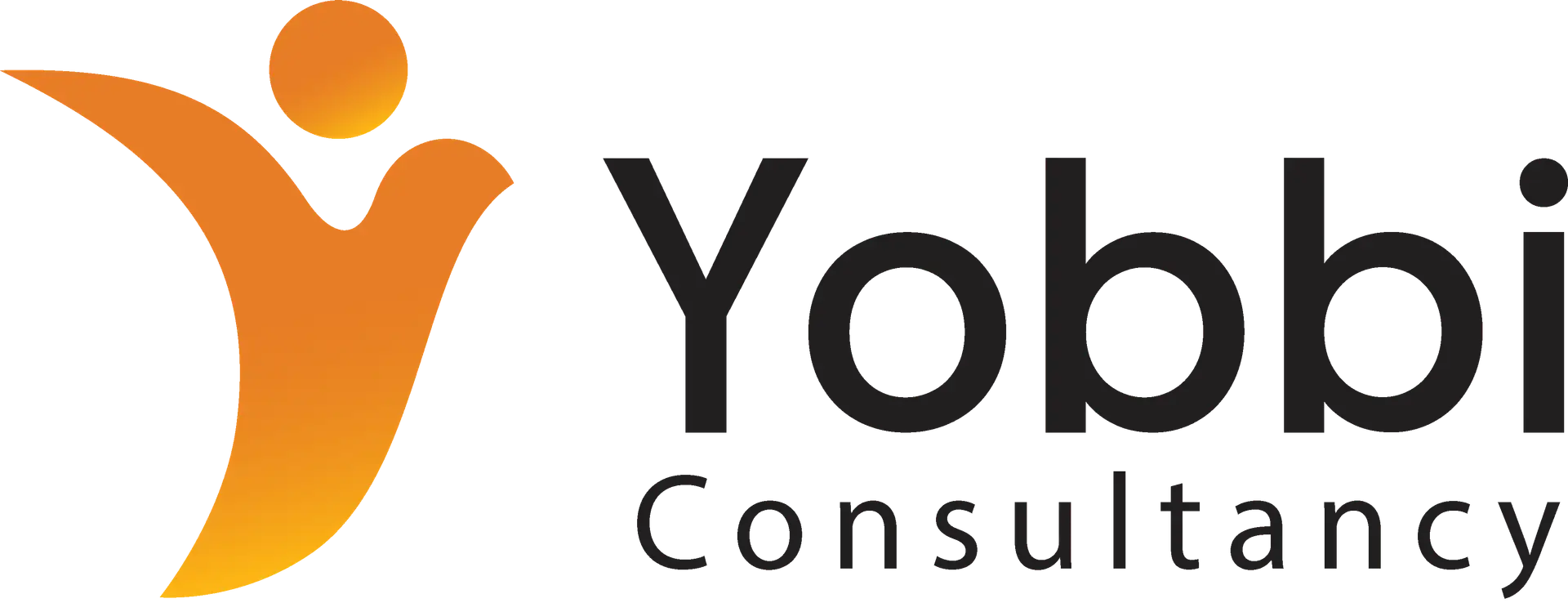Workplace Information
Career Guidance and Market Insights: A Guide for Job Seekers in Singapore
We offer professional advice to help individuals shape their career paths, along with critical information on current job market trends.
Creating a Basic Resume
A well-crafted resume is a powerful tool that helps you make a strong first impression on potential employers. Remember, your resume is often the first impression an employer has of you, so it’s important to proofread and edit it thoroughly before submission!
A basic resume typically includes the following sections:
- Personal Information
- Job Objective
- Educational Background
- Work Experience
- Skills
- Project Experience
- Honors & Awards
- Self-Evaluation
- Hobbies
- References
- Be Clear and Concise: Keep your resume focused on key information, making it easy for employers to understand your qualifications at a glance.
- Organize with Clear Sections: Structure your resume logically with clear headings, such as personal information, education, work experience, skills, and hobbies. Organize each section chronologically, placing the most recent information first.
- Highlight Achievements: Showcase any notable projects or awards from your previous work experience. These can help capture the attention of recruiters.
- Use Relevant Keywords: Tailor your resume by using keywords related to the specific job you’re applying for. This will help ensure your resume stands out and is more easily noticed by hiring managers. Be consistent with your font style and formatting throughout.
- Resume Format: Keep your resume concise—ideally one page, but no more than two pages. Use a standard font size (12-point) and maintain one-inch margins around the edges.
- Customization is Key: Customize your resume for each job application, aligning it with the specific job requirements and company culture. You may need to prepare different versions of your resume for various job types or industries.
- Always keep your resume up-to-date. As your skills and experiences evolve, be sure to revise and refresh your resume regularly to reflect your latest qualifications.
Interview Preparation
Employers invite you for an interview because they believe you could thrive within their company. During the interview, they assess your interest, preparedness, and potential contributions to their team. Your answers to their questions help them evaluate your skills, experience, and motivation. Below, you’ll find tips on how to prepare, present yourself effectively, and follow up after the interview.
Research & Understand:
- Company, industry, and job position
- Re-read job description
- Visit website/social media to learn more
- Prepare questions to ask
The Day Before:
- Review resume, cover letter, and job description
- Check the time, location, and transportation
- Plan for an early arrival (10-15 minutes)
- Prepare professional attire
- Gather resume, reference list, notepad, pen
- Get a good night’s sleep!
Arrive Early:
- Aim for 10-15 minutes before the scheduled time
Bring Essentials:
- Supplies from the day before, including resume and notepad
Be Polite & Professional:
- Smile, introduce yourself, and be kind to everyone
Be Mindful of Distractions:
- Turn your phone on silent
- Keep a positive attitude
Listen Carefully:
- Respond directly to the interviewer’s questions
Connect Your Experience to the Role:
- Provide specific examples where possible using the SARA approach (Situation, Action, Result, Application).
Be Clear & Confident:
- Avoid fillers, stay focused
- Maintain eye contact and open body language
Observe the Company Culture:
- Take mental notes on the work environment
Ask for a Business Card:
- Follow up with a thank-you note
Thank You Note:
- Send a personalized thank-you email within 24 hours
Self-Reflection:
- Evaluate your performance: What went well? What could be improved?
Follow Up:
- If you don’t hear back within the timeline, politely follow up with a call/email
- This guide gives you the key points for quick and effective interview preparation. Good luck!
